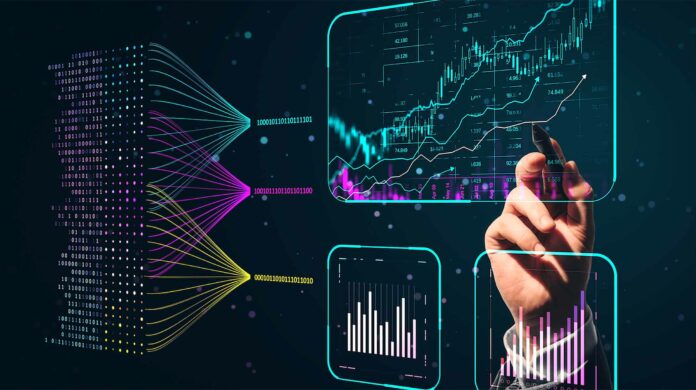There’s more to forex trading than just making money. You also need to avoid losing money, which is something that most people fail to do. People often experience losses when they allow their emotions to control them or become excessively fixated on the outcome of a trade. It happens more often than you think: you think too much, make too many trades, and lose. Having a strategy and following it is the key to focus. An automated forex system, which is also known as algo trading or a forex computer, follows preset orders without letting feelings get in the way. This area has come a long way; now even cryptocurrencies use bots to do automated trading.
But there are some problems with automated Forex trading. The systems need stable power and internet connections to work. They fail without those. Also, computers are powerful, but they need help from humans to handle very complicated strategies sometimes. Please consider whether automatic trading will simplify or enhance your processes. This statement is true whether you’re a pro or just starting out.
Advantages of Automated Forex Trading Systems
The elimination of emotional choices is a big benefit of algo trading. You’re less likely to worry and buy or sell based on fear or hype when each trade follows a set plan. For instance, traders frequently make mistakes when they’re in a hurry, such as forgetting to add a zero to a sell order, which results in a too-low price. Automation gets rid of those mistakes.
Testing in the past is another perk. You can use market data from the past to see how your strategy might work in the real world. It’s the same as taking a test. It’s better to rely on guesswork and chance losses if you can automate something that works.
Automation also helps you stay on track. Many traders make plans but then give up on them over time. It’s said, “Plan the trade, trade the plan.” You can stick to your plan every time you trade by automating your trades.
Diversifying your Forex trading can also be helped by algo systems. Computers can handle multiple accounts or strategies at once, scanning markets and moving more quickly than you could ever do manually. This process lowers the risks and raises the chances of making money.
Disadvantages of Automated Forex Trading Platforms
Automation isn’t perfect, though. One easy problem is getting online. If your WiFi goes down or the power goes out, your trades may not be executed successfully. Such situations can cause you to lose a lot of money, especially if the system is on your computer and not on the site of a broker.
Too much streamlining is another issue. Some Forex traders become obsessed with making their strategies work exactly with data from the past. However, these “perfect” strategies fail when the market changes. These strategies rely too heavily on past events and fail to perform effectively in real-time market conditions. It is better to start small and build up slowly.
Cost is another problem. Large businesses, like banks and hedge funds, can pay for special software, but most people can’t. You can’t always trust off-the-shelf algorithm software; it may have bugs or not have enough instructions. Talk to a professional before you buy one to avoid making mistakes. Also, excellent software is very expensive, so amateur traders can’t use it.
Another worry is scams. Similar to “free” apps or guaranteed money-making methods, be wary of anything that appears excessively promising. Before putting money into an automated trading system, do your research. Please consider reviewing feedback, evaluating your options, and reading the fine print thoroughly.
Forex Trading Robots and MetaTrader-4
It’s not as simple as putting in numbers to make a trading robot. An important part of Forex trading is the MetaTrader-4 software, which works with automated systems written in the MQL4 programming language. You can buy, rent, or try out for free thousands of scripts, signs, and robots that are already out there.
But if you want to build your own robot, you need to be able to talk to engineers clearly. The end result won’t live up to your hopes if your directions aren’t clear. When writing the code for your trading system, precision is key.
Should You Automate?
In case your internet goes down while you’re trading from home, server-based systems from exchanges can save you. The choice to automate your trades is still a big one. An algo strategy that works well takes time, money, and technical know-how to set up.
Automated trading might work well for professional Forex traders, so they should give it a try. Focused traders can benefit from starting small with a simple custom strategy to gain experience. Several sites give you “wizard” tools and themes that you can change to match your needs.
It’s intriguing that using both human and automated ways together might lead to better results. Forex trading could be used for speed and precision, and manual trades could be saved for more complex choices. This mix of methods could help you find the right balance in your trading.

